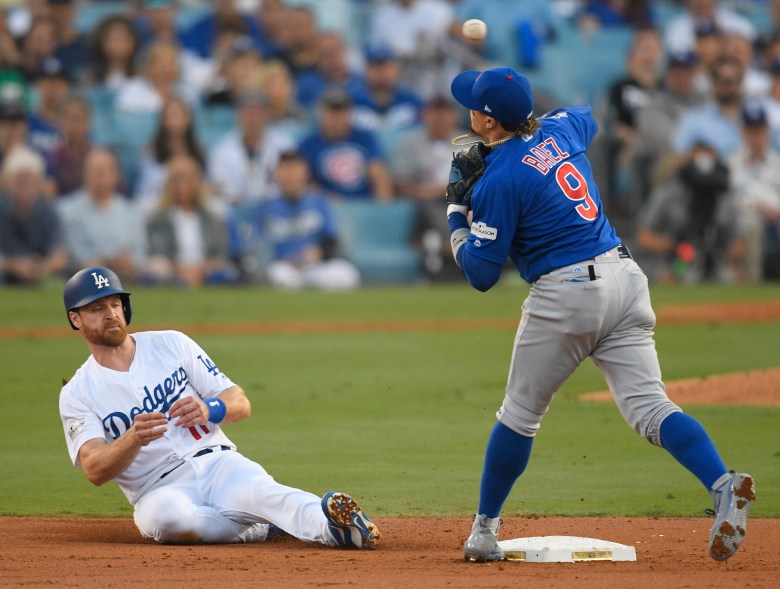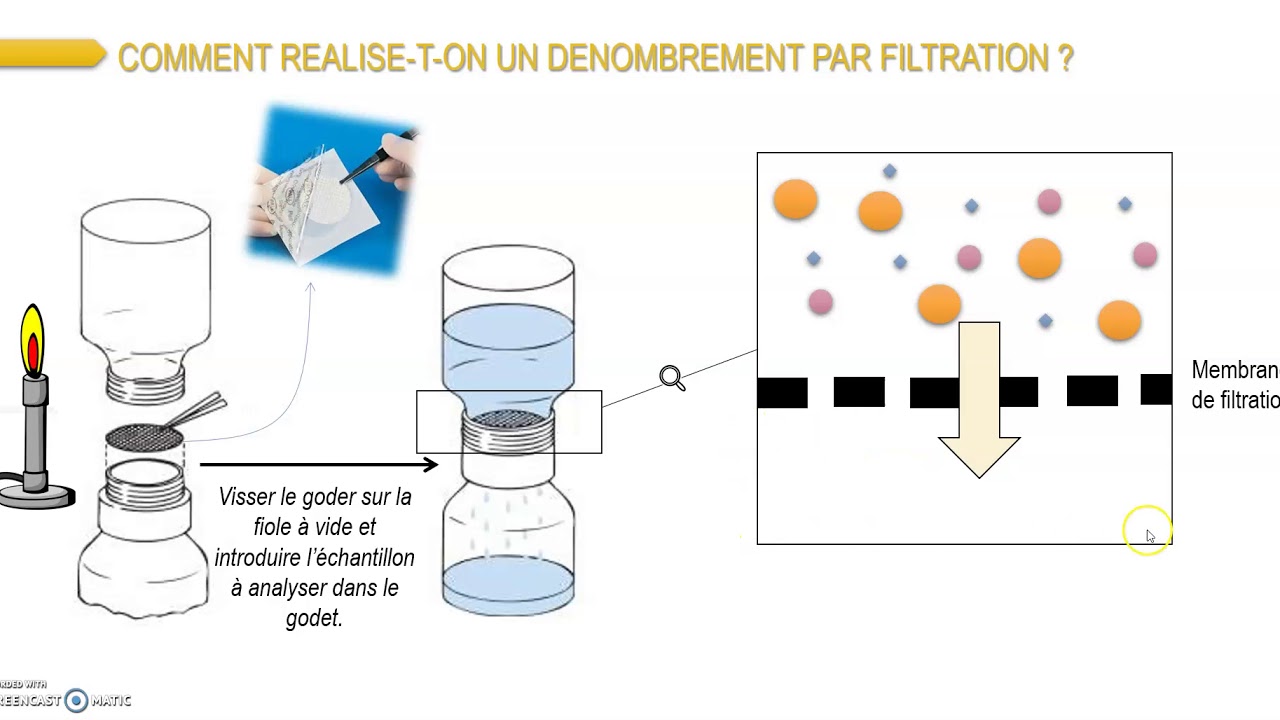Dodgers' Quiet Bats Lead To Defeat Against Cubs

Table of Contents
Lack of Timely Hitting
The Dodgers' inability to deliver timely hits proved to be their undoing against the Cubs. This lack of clutch performance manifested in two key areas: missed opportunities with runners in scoring position and struggles against the Cubs' effective pitching.
Missed Opportunities with Runners in Scoring Position
The Dodgers repeatedly failed to capitalize on scoring opportunities, leaving runners stranded on base in crucial situations. This inability to deliver when it mattered most significantly hampered their offensive output.
- In the 5th inning, with runners on first and third and one out, Freddie Freeman struck out, followed by a weak groundout by Mookie Betts, leaving both runners stranded.
- The 7th inning saw similar frustration with two runners in scoring position but no runs scored. Will Smith grounded out to end the threat.
- Statistics revealed a shockingly low batting average of .182 with runners in scoring position for the Dodgers in this game, highlighting the severity of the issue.
The mental aspect of hitting under pressure cannot be overlooked. The pressure of needing to drive in runs seemed to paralyze several key hitters, leading to weak contact and strikeouts. Missed opportunities like these can significantly alter the outcome of a game.
Struggles Against Cubs' Pitching
The Cubs' pitching staff effectively neutralized the Dodgers' potent lineup. Their ability to mix pitches and exploit weaknesses in the Dodgers' approach proved highly successful.
- Justin Steele, the Cubs' starting pitcher, consistently pounded the strike zone with his fastball, keeping the Dodgers off balance.
- The Cubs' bullpen also performed admirably, effectively shutting down any potential late-game rallies by the Dodgers. Their breaking balls were particularly effective against right-handed hitters.
- The Dodgers seemed unable to adjust their approach at the plate, consistently swinging at pitches outside the strike zone, leading to numerous strikeouts.
The Dodgers' inability to adapt their strategies against the Cubs' pitching tactics underscored a crucial flaw in their offensive execution.
Key Players' Underperformance
Beyond the overall team struggles, the underperformance of several key Dodgers players significantly contributed to the team's offensive woes. This involved both their star players experiencing a slump and a lack of contributions from the bottom of the lineup.
Star Players' Slump
Several key Dodgers hitters experienced a significant slump during the game, failing to provide the necessary offensive spark.
- Mookie Betts, typically a consistent run producer, went 0-for-4 with two strikeouts.
- Freddie Freeman, despite getting a hit, failed to drive in any runs in crucial situations.
- Will Smith also struggled, going hitless in key moments.
These underperformances from star players, usually reliable sources of offense, dramatically impacted the team's overall offensive output. Possible explanations include fatigue, minor injuries not yet publicly revealed, or simply a temporary cold streak.
Lack of Contributions from the Bottom of the Lineup
The bottom of the Dodgers' batting order failed to provide any offensive support, leaving the top of the lineup carrying the weight of scoring runs.
- The bottom third of the batting order combined for only one hit, contributing significantly to the Dodgers' overall offensive struggles.
- This lack of production created significant pressure on the top of the lineup, making it much harder for the team to sustain offensive momentum.
This lack of contribution from the lower part of the lineup highlighted the team's reliance on a few key players, leaving them vulnerable when those players are underperforming.
Strategic and Tactical Issues
In addition to individual player performance, potential strategic and tactical issues also contributed to the Dodgers' offensive struggles. This included managerial decisions and ineffective approaches at the plate.
Managerial Decisions
Some questioned certain managerial decisions that may have contributed to the Dodgers' offensive struggles.
- The decision to leave certain hitters in the lineup despite their struggles, and to not pinch hit sooner could be examined.
- The batting order itself might be debated post-game, although these are often the most scrutinized aspects of managing.
The overall impact of these managerial decisions is debatable, but they deserve examination in future post-game reviews.
Approaches at the Plate
The Dodgers' overall approach at the plate lacked consistency and effectiveness against the Cubs' pitching.
- An overly aggressive approach, leading to many swings at pitches outside the strike zone, resulted in a high number of strikeouts.
- A lack of patience at the plate also hindered the Dodgers' ability to work counts and force walks, limiting their offensive opportunities.
Adjustments in their hitting strategies, including a more patient approach and better pitch selection, could greatly improve their offensive production in future games.
Conclusion
The Dodgers' quiet bats ultimately cost them the game against the Cubs. The lack of timely hitting, underperformance of key players, and potential strategic issues all contributed to their offensive struggles. To avoid future defeats, a thorough analysis of their offensive strategies and individual player performance is crucial. The team needs to address their issues with runners in scoring position, find ways to counter specific pitching styles, and ensure consistent contributions throughout the batting order. Stay tuned for further updates on how the Dodgers address their offensive woes and attempt to regain their usual hitting prowess. Follow us for more on the Dodgers' quiet bats and their quest for a winning streak!

Featured Posts
-
 Earthquakes Loss To Rapids Underscores Need For Goalkeeping Improvement
May 15, 2025
Earthquakes Loss To Rapids Underscores Need For Goalkeeping Improvement
May 15, 2025 -
 Elon Musk And Amber Heard New Twins Fuel Embryo Dispute Speculation
May 15, 2025
Elon Musk And Amber Heard New Twins Fuel Embryo Dispute Speculation
May 15, 2025 -
 Pollution De L Eau Guide Complet De Filtration Pour L Eau Du Robinet
May 15, 2025
Pollution De L Eau Guide Complet De Filtration Pour L Eau Du Robinet
May 15, 2025 -
 Elon Musk And Amber Heard Twins And The Embryo Dispute
May 15, 2025
Elon Musk And Amber Heard Twins And The Embryo Dispute
May 15, 2025 -
 Zovnishniy Viglyad Dzho Baydena Otello Ta Inavguratsiya Trampa
May 15, 2025
Zovnishniy Viglyad Dzho Baydena Otello Ta Inavguratsiya Trampa
May 15, 2025
